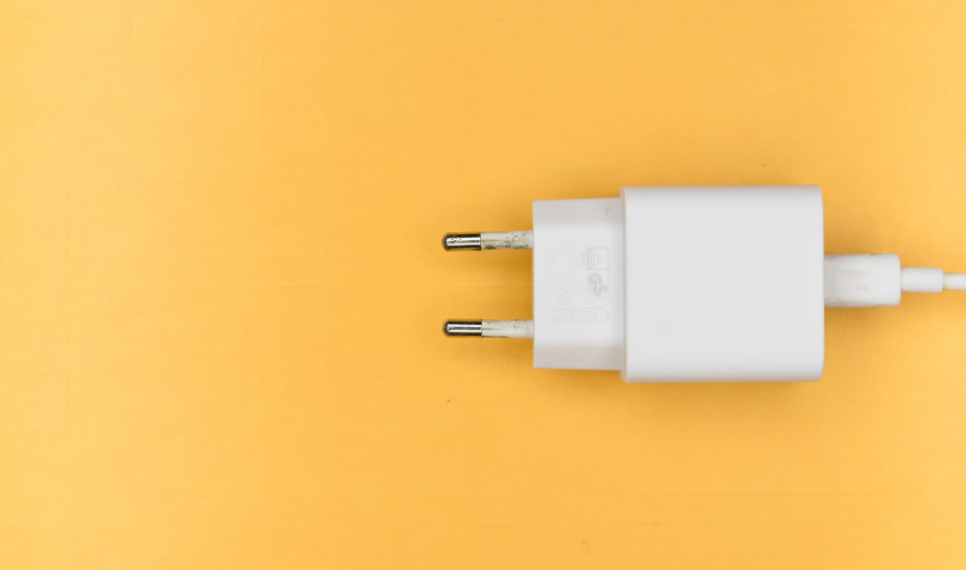“Who can make muddy waters clear? Let it be only still, and it will gradually clear itself.” –Lao Tzu, The Tao Te Ching
Lao Tzu penned these words more than 2500 years ago, but like all deep wisdom, his words still apply today—perhaps more relevant than ever before.
I am wired as a goal setter. Maybe you can relate. And in the past, I’ve euphorically embraced being hyper-busy.
It’s addicting.
It feels like I am accomplishing so much.
I work more. I attend growth seminars. I read more books. I look for neat certifications. I schedule quality time with my family. I go to every meeting. I volunteer. I squeeze exercise and sleep into any remaining empty space on my calendar.
It just feels so productive. But is it?
I began to recognize that when I pack too much into my schedule, I couldn’t think straight.
Sound familiar?
Not only that, but my heart would race, my sleep was disrupted, I got more migraines, and generally felt restless, anxious, and hyped-up most of the time.
Solution? Drink more coffee!
We might as well hold onto an electric fence—it would have the same effect. (I actually did that on a dare in 6th grade, so I can tell you from personal experience the feeling is similar).
But seriously, what is the long-term effect of that lifestyle on the human nervous system—on the body, the mind, and the spirit.
One of the most famous verses in the Old Testament is Psalm 46:10—“Be still and know that I am God.”
Some translations of “be still” literally mean to “cease striving” (spoken as instruction for how one ought to live).
The clear message? Not everything is up to us, within our control, or dependent upon our actions. There are mysterious and unseen forces of life that are far outside of our control.
Maybe the best way to take stock of how small or out of control we really are is to do some light reading in modern astrophysics about how many galaxies there are, the age of the universe, and the microscopic speck of space that Earth occupies.
What chronic busyness does to the brain
Recently, psychology and neuroscience research seems to confirm that chronic busyness leads to a kind of low-grade ongoing amygdalar hi-jack. What this essentially means is that when we live a continual state of busyness, we live in a constant state of mild fight-or-flight. This ongoing state has definite consequences to our health and mental wellbeing.
The main issue is that the brain cannot tell the difference between a physical threat and a psychological threat.
We all understand what happens when you see a grizzly bear. It causes a physiological response—racing heart, sweating, adrenaline surges, stomach churns, narrowed vision. Your body is preparing to sprint or fight for your life. Some people freeze in fear.
But let’s look at public speaking, one of the greatest fears that people have. What happens then? You guessed it—racing heart, sweating, adrenaline, churning stomach, and narrowed vision.
This kind of stress (or stress from being chronically busy) can also shut down our access to the prefrontal cortex—which is responsible for problem solving, creativity, and reasoning.
Check out this Harvard Health article if you want to understand the physiological effects of stress. And this Harvard article indicates that when the amygdala is activated, it shuts down our access to the prefrontal cortex.
If you have ever had a work day of racing from one meeting to the next, barely able to eat, pee, or catch your breath, and wondered why you can’t think straight, this might explain it.
What’s worse is that many of us go from a busy job to an equally overcommitted life outside of work (speaking from personal experience), further compounding the state of chronic busyness.
Sure, everyone has busy seasons where they have to hustle, but has it become your permanent lifestyle?
If you race from one meeting to the next, you might hear a small voice saying, “What did I forget? I don’t feel prepared. Will I make a fool of myself? Am I even making sense?” If you have ever noticed that, it may be evidence of your fight or flight system being triggered by chronic busyness.
Joseph Beinvenu, A psychiatrist and director of the anxiety disorders clinic at Johns Hopkins Hospital in an article entitled “The Cult of Busy,” says being overly busy can lead to “difficulty focusing and concentrating, impatience, and irritability, trouble getting adequate sleep , and mental and physical fatigue.”
Therefore, living in this state for too long has significant potential consequences:
- It feeds stress and anxiety
- It degrades good thinking
- It increases sleep disturbances
- It can harm health and wellness
- It can erode relationships
One of the most painful of these for me is degraded relationships.
During seasons of extreme busyness in my life, I often found it very difficult to listen deeply to my colleagues and family due to a chronically racing mind that was always scanning the horizon of the future trying to come up with solutions to my concerns. It was the very essence of the monkey mind.
The benefits of un-jacking yourself are significant: more restful sleep, an improved sense of calm, better mental and physical health, better relationships, be more present in your life, and you will regain access to your pre-frontal cortex to improve your decisions, problem solving, and concentration.
If you have difficulty uncommitting from things in your life, you may find inspiration in the words below…
“Saying yes to more things than we can actually manage to be present for with integrity and ease of being is, in effect, saying no to all those things and people and places we have already said yes to.”
–John Kabat-Zinn
Take action now
This week I encourage you to conduct a behavioral experiment on yourself.
Here are 12 tips to un(hi)jack yourself:
- Identify your life purpose. It’s very hard to say know when you don’t know what is ultimately important in life. Start with exploring this and write down your ideas.
- Identify your core values. It’s much easier to make decisions when you know what your core values are. Just google it and you will find a tool to do this.
- Set clear priorities. After steps one and two above, I like using a written life plan every year to be intentional about what things in life I focus on that year. Without clear priorities, you can’t know what to say yes or no to.
- Schedule Margin. Just like you need space between you and the car in front of you on the freeway, you need space cushions in your daily and weekly calendar.
- Take small breaks every day. Productivity research is clear that people who do this function better.
- Take one day off per week. There is a reason even God rested on the 7th day! (for any atheists out there, its still a good idea!)
- Uncommit. Take a look at your calendar and uncommit from 3 things right now that you don’t need to do. Do this inside or outside of work. See how liberating it is to get a little more time back.
- Set less goals. Often our busyness is self-imposed. Setting less goals might be one great way to torture yourself less with self-imposed deadlines and pressures you may have created for yourself.
- Practice saying No. People pleasers and achievers have great difficulty doing this. Try reminding yourself of what you are saying YES to by eliminating clutter in your schedule. Embrace the joy of missing out.
- Own less stuff. To quote Tyler Durden, “the things you own ending up owning you.” Every possession you let into your life requires your time in some way… storage, organization, maintenance, insurance, even getting rid of stuff can be difficult and time consuming.
- Less meetings. If you suffer from non-stop meetings, ask your boss if you can miss some of them. If you are the boss, don’t destroy your teams productivity by having too many meetings. Productivity, creativity, and clear thinking will be the result.
- Take a vacation. Once a year everyone should take time off. Harvard research shows that you need at least 10 days off to be recharged.
- Meditation. I think meditation has become popular these days because people are trying to slow down their racing minds. This is a great habit but not a substitute for simply doing less.
- Live on a budget. Sometimes, working too much is a result of excessive spending. Start with knowing what is coming in and going out every month.
If you do even a few of these things above, it is likely to result in better thinking, more energy, improved overall health and wellness, better relationships, and a greater sense of fulfillment and joy in your life.
Have a great weekend!
Parker
Want more? Suggested Resources Below
- Harvard Health Amygdala HiJack
- Johns Hopkins article The Cult of Busy
- Subtract by Leidy Klotz
- Essentialism by Greg Mckeown.




